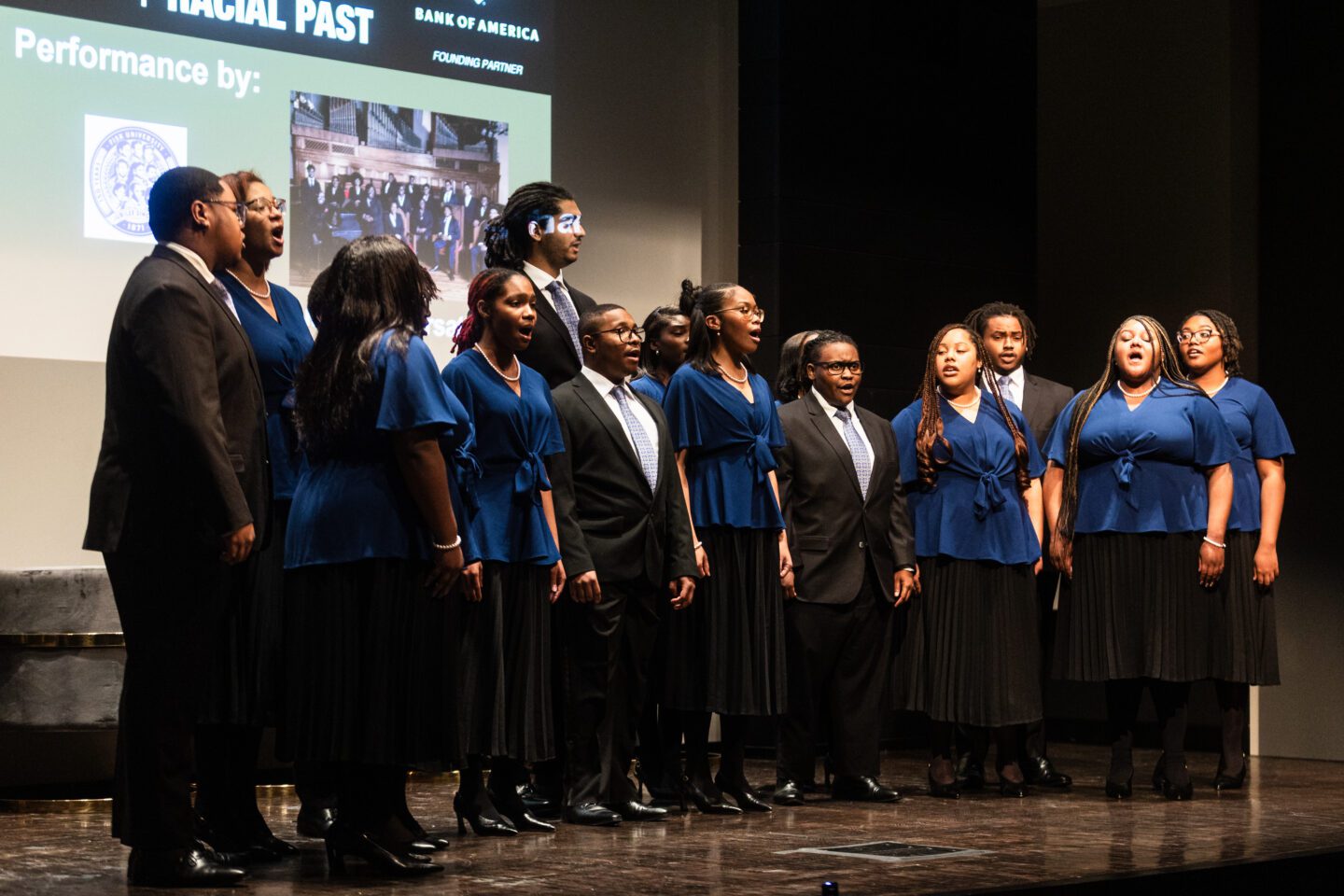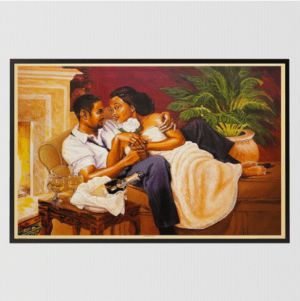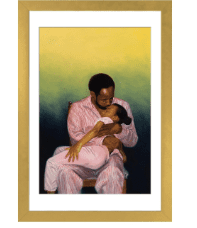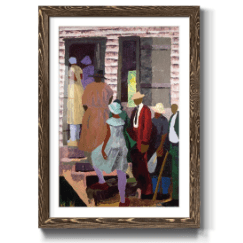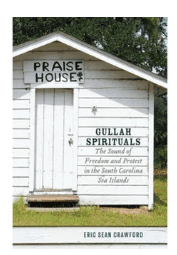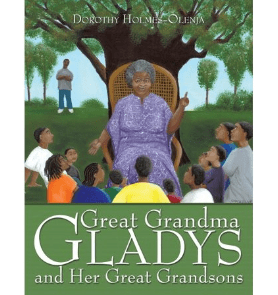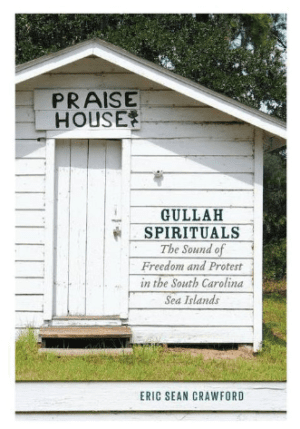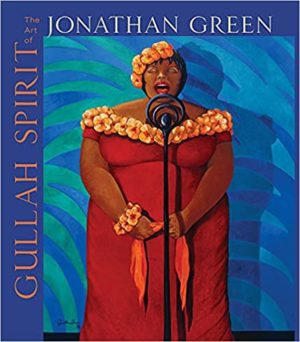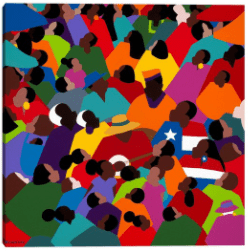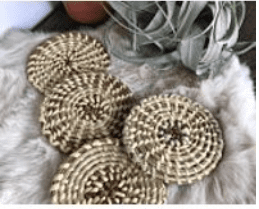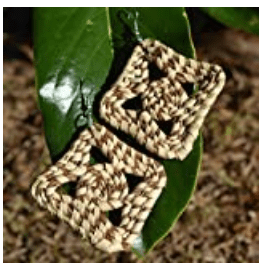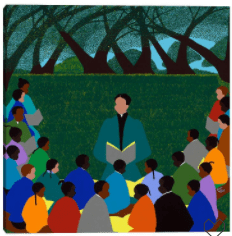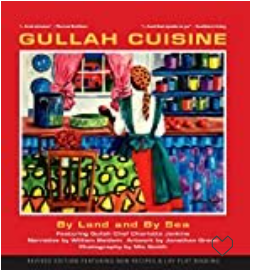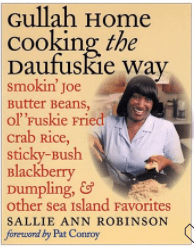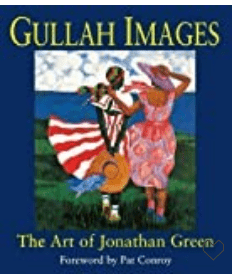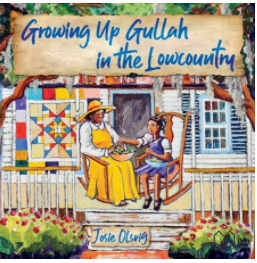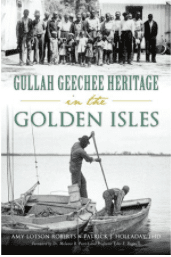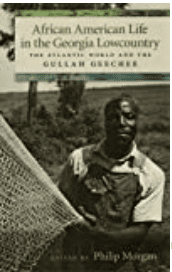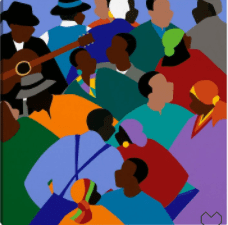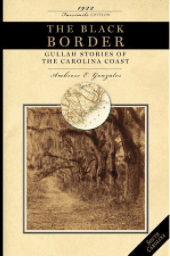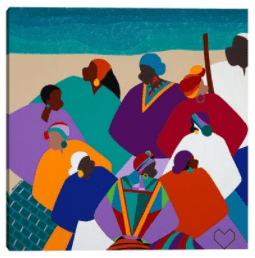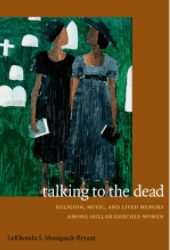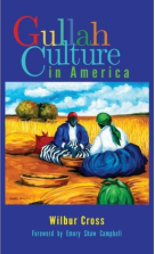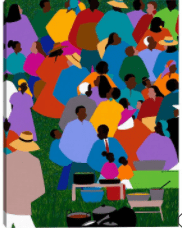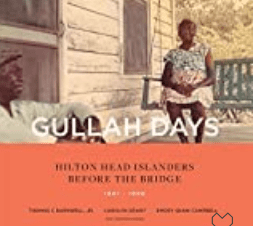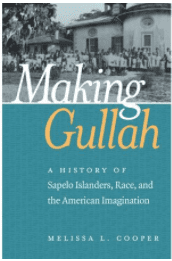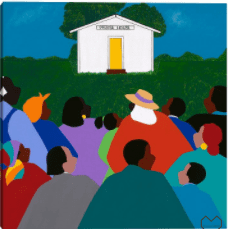
The Smithsonian Institution held a highly significant event titled “Reckoning With Our Racial Past,” generously sponsored by Bank of America. This event was part of a dynamic conversation series aimed at addressing the intricate and often painful histories surrounding race and racism in America. Award-winning journalist Soledad O’Brien led the discussions, guiding attendees through thought-provoking dialogues that explored how race continues to shape our society today. Hosted in the inviting setting of the First Art Museum in Nashville, the evening began with a vibrant reception featuring crab bites and Hot Chicken sliders. This informal gathering allowed attendees from various backgrounds to mingle, network, and share their individual stories and perspectives, establishing a sense of community and openness crucial for the serious discussions that would follow. The primary goal of the event was to create a platform for meaningful dialogue about the historical and ongoing impacts of race and racism on communities across the United States. Participants were encouraged to reflect on systemic barriers that exist in areas such as housing, healthcare, and education. By illuminating these issues, the initiative aims to inspire collective action in pursuit of a more equitable and just society. Throughout the evening, attendees heard from a diverse range of speakers who brought various perspectives to the conversation.
Among those who participated were
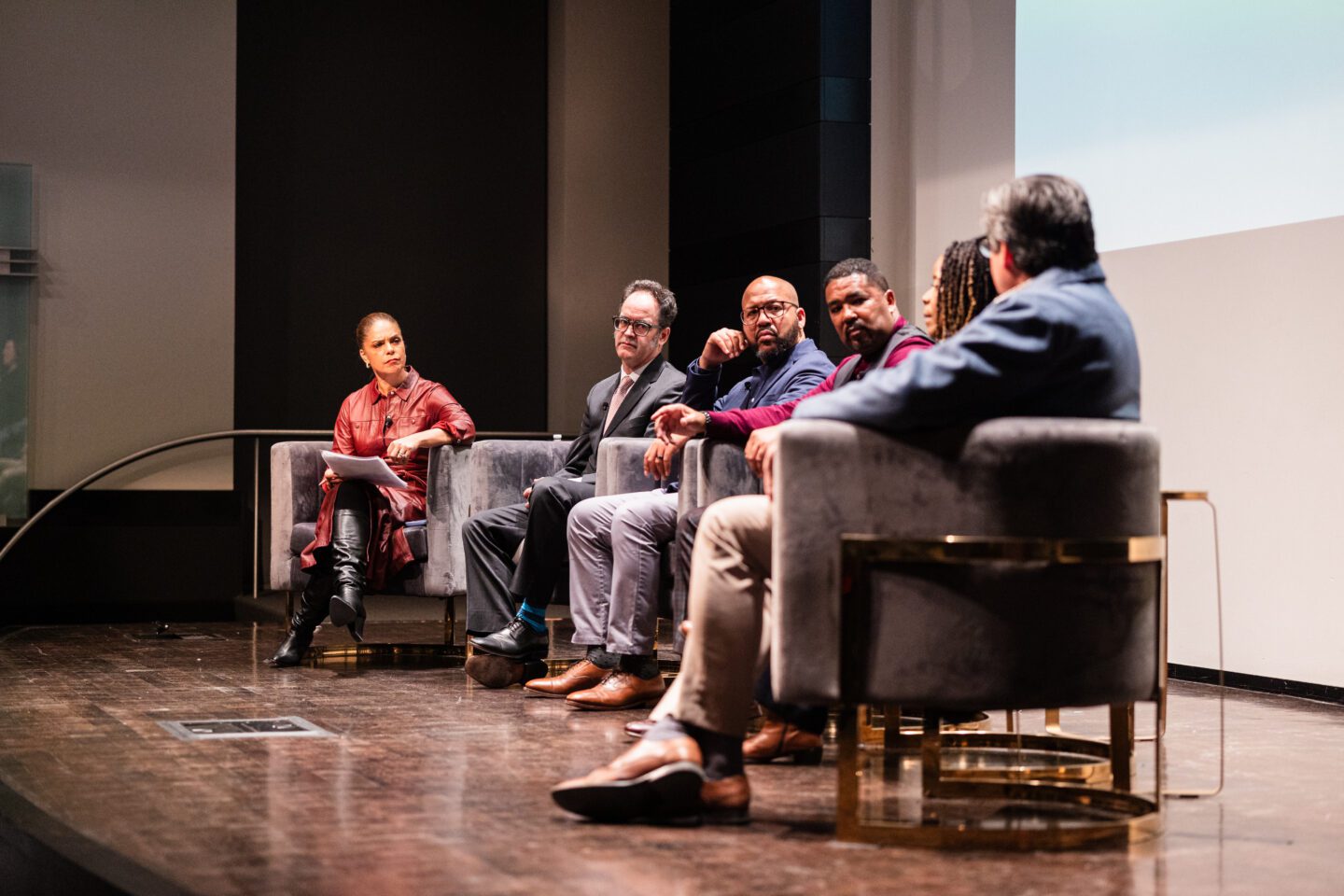
- Clifford Murphy, Director of Smithsonian’s Center for Folklife and Cultural Heritage
- Terry Vo, District 17 Metro Council Member for Nashville and Davidson County
- Eric Holt, Assistant Professor of Music Business, Belmont University
- Jose Gonzalez, Associate Professor of Entrepreneurship and Management, Belmont University
- Marshall E. Crawford Jr., President and CEO of The Housing Fund
- Katrina R. Beard, CEO of Matthew Walker Comprehensive Health Center
These speakers shared personal anecdotes, research findings, and actionable insights, offering a multifaceted view of the challenges faced by communities of color. The evening culminated in a powerful wrap-up discussion led by former WTVF anchor and journalist Vicki Yates, who skillfully brought together the varied threads of conversation, emphasizing the importance of ongoing engagement and collaboration among community members and leaders. This event is part of the Smithsonian’s larger initiative, Our Shared Future, which addresses the enduring legacy of race in America through a variety of discussion series. This initiative is designed to empower participants to reflect on their own experiences while discussing broader societal implications, fostering a deeper understanding of the issues at hand. By tackling subjects such as housing, wellness, and resource access, the initiative encourages attendees to envision a more equitable future free from systemic injustices. Nashville’s event built upon the success of earlier discussions held in cities such as Charlotte, Cleveland, New York City, and St. Louis. Each of these locations highlighted unique challenges and narratives, demonstrating that while racial injustices are a national issue, they manifest differently across communities. The Nashville dialogue continued this important work, creating a ripple effect that enables knowledge and solutions to be shared across varied regions. As the night progressed, the discussions transitioned into more structured panel exchanges, where speakers provided insights into persistent barriers and suggested viable pathways toward solutions. Topics ranged from policy change to community health initiatives, ensuring the dialogue was not only critical but also action-oriented. Attendees left feeling empowered, inspired, and equipped to advocate for change within their communities. Looking ahead, the Smithsonian’s initiative is set to continue expanding its reach through its six operational pillars: Race and Wellness, Race and Wealth, Race and Place, Race, Policy, and Ethics, Race Beyond the U.S., and Race, Arts, and Aesthetics. These pillars guide the program’s efforts to utilize the Smithsonian’s extensive resources, showcasing art, culture, and history to deepen the understanding of racial issues. By fostering a richer dialogue about the past, present, and future, the initiative aspires to chart a course toward a better, shared future for all. Future events are anticipated as the conversation around race evolves, drawing communities nationwide to participate in this vital dialogue. Through its commitment to cultural understanding and engagement, the Smithsonian’s Reckoning With Our Racial Past event series illustrates a pivotal step in addressing and reconciling America’s complex history with race, fostering hope and action for a more just tomorrow.
